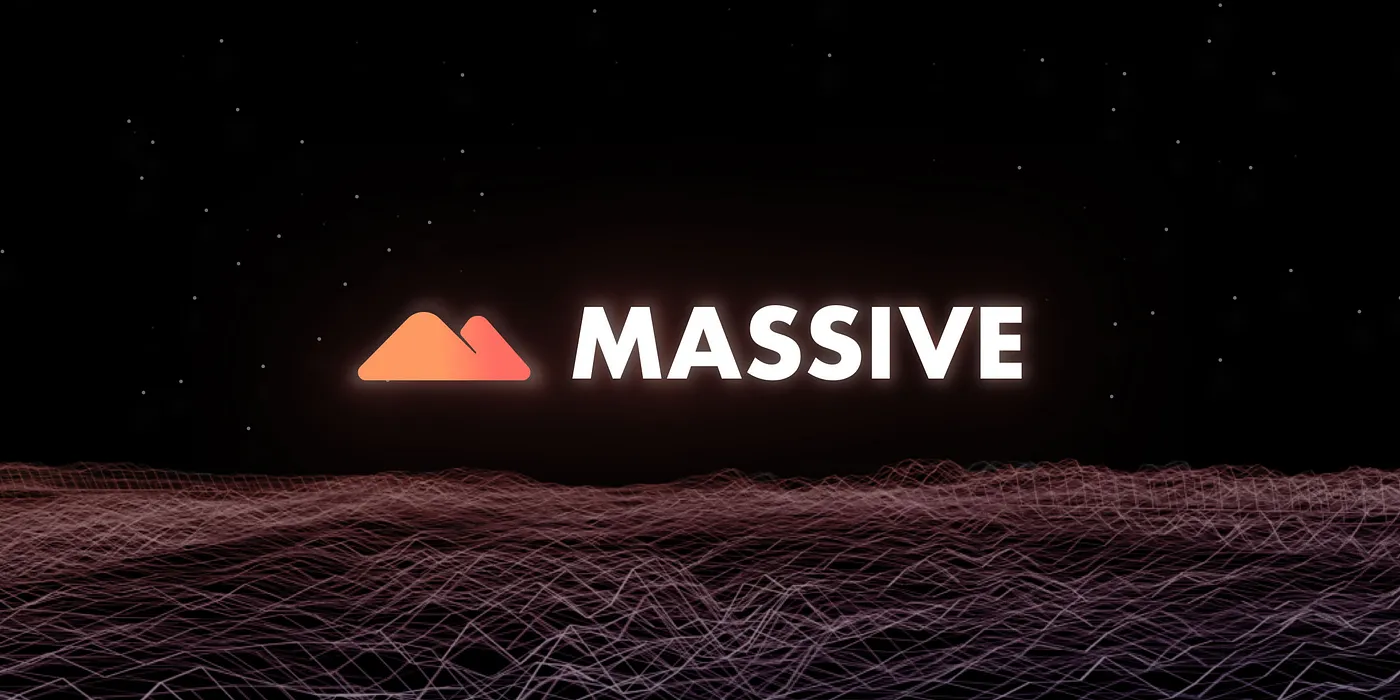Imagine trying to access a website only to find it's unavailable in your country. Frustrating, right? This is where a tool like a proxy can be a game-changer. But what do most of us really know about proxies? In a world where over 5.16 billion people use the internet, representing more than half of the planet's population (1), understanding these essential online tools is more crucial than ever. Proxies, alongside VPNs, are fundamental, with about 26% of global online users utilizing them (2). Yet, myths and misunderstandings about proxies are widespread, obscuring their true capabilities. This article seeks to debunk these myths, providing clarity on the real benefits and functionalities of proxies.
1. Proxies Require Advanced Technical Knowledge
Proxies are often viewed as complex technical tools, but in reality, they come in various user-friendly formats. From simple browser extensions for casual users to sophisticated proxy management software for IT professionals, these tools are designed to cater to a wide range of technical proficiencies.
2. Free Proxies are a Safe and Cost-Effective Choice
Starting with free proxies can be appealing, especially for those new to the concept of proxies. However, it's important to be aware of the potential limitations and risks:
- Lower Quality and Performance: Free proxies often have slower speeds and less reliability, which can be a hindrance for tasks requiring consistent and fast internet access.
- Security Concerns: These proxies may not have robust security measures, posing risks to user data and privacy.
- Privacy Issues: The absence of strong privacy policies means user information might be accessible to third parties.
- Lack of Support: Free proxy services usually don't offer the comprehensive customer support found with paid options, which can be crucial for troubleshooting.
3. Using Proxies is Unethical
Contrary to the belief that proxies are mainly used for bypassing rules or illicit activities, they serve a wide range of legitimate purposes. These include enhancing personal privacy, securing corporate networks, and enabling access to information in restricted regions.
4. All Proxies Serve the Same Purpose
A common misconception is that all proxies serve the same function. In reality, there's a diverse range of proxies tailored for different needs, from enhancing security to optimizing network performance.
- Residential Proxies: These proxies use IP addresses provided by Internet Service Providers (ISPs) and are tied to a physical location. They are ideal for tasks that require a high level of authenticity, such as market research and ad verification.
- Datacenter Proxies: Unlike residential proxies, datacenter proxies are not affiliated with ISPs and offer IP addresses from data centers. They are known for their high speed and efficiency, making them suitable for web scraping and bulk data collection.
- Anonymous Proxies: These proxies hide your IP address, making your online activities untraceable. They are used for enhanced privacy and security, especially in situations where user anonymity is paramount.
- Transparent Proxies: Often used by businesses and educational institutions, transparent proxies do not hide a user's IP address but are used for content filtering, internet usage monitoring, and caching.
- Reverse Proxies: Positioned at the web server's end, reverse proxies help to balance load, enhance security, and manage traffic effectively. They are commonly used in protecting and optimizing web servers.
- SOCKS Proxies: These proxies are considered more versatile as they can handle any type of traffic, not just web traffic. They are commonly used for games or applications that require handling different types of protocols.
- SSL Proxies: SSL (Secure Sockets Layer) proxies encrypt the communication between the user and the server, providing an added layer of security. They are essential for protecting sensitive transactions, like online shopping and banking.
Understanding the differences among these proxies allows users to choose the most suitable one for their particular needs.
Important Note on Safe Usage
Not only is it important to distinguish between the types of proxies, but also in how these networks of proxies are built. Residential proxy networks, for example, are made of real users’ devices. In the case of using a residential proxy network, it is important to ensure that the proxies were ethically obtained with appropriate user consent and that malicious activities are not allowed to occur on those devices. You can see Massive’s FAQ to understand how an ethically-built residential proxy network procures consent from users and also safeguards the activities allowed with their proxied devices.
Myths Busted
Recall the frustration of encountering a blocked website? It's experiences like these where understanding proxies becomes crucial. Now, we've busted some big myths today: proxies aren't just for tech gurus, free proxies can come with catches, they're not just for shady stuff, and they definitely aren't all the same. Understanding this not only clears up confusion but also gears us up for smarter, safer online journeys. Remember, when it comes to staying safe and private online, knowing more isn't just an advantage–it's protection.
References:
Top 5 Internet (Safety) Statistics You Should Know in 2023
Proxy Network Statistics 2023 - Everything You Need to Know

I am the co-founder & CEO of Massive. In addition to working on startups, I am a musician, athlete, mentor, event host, and volunteer.







